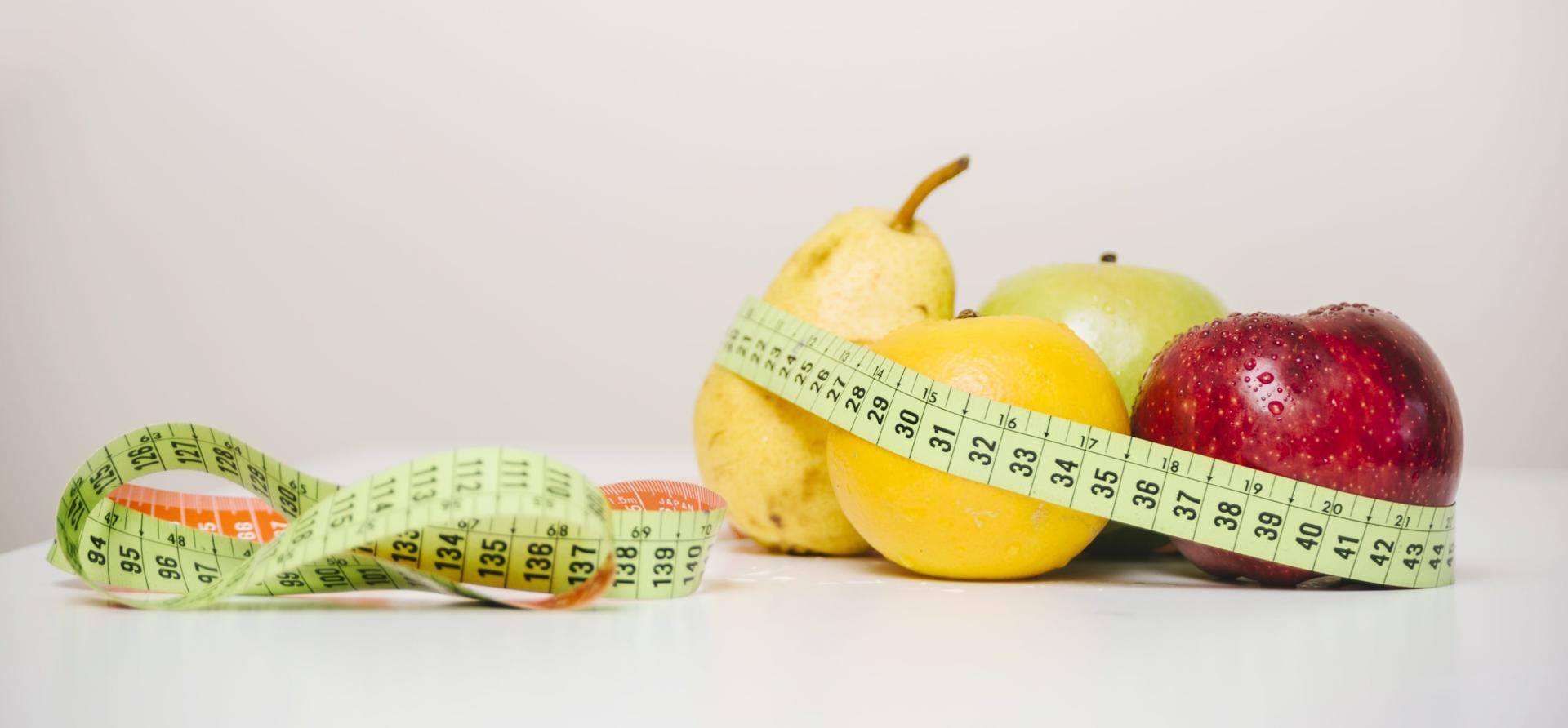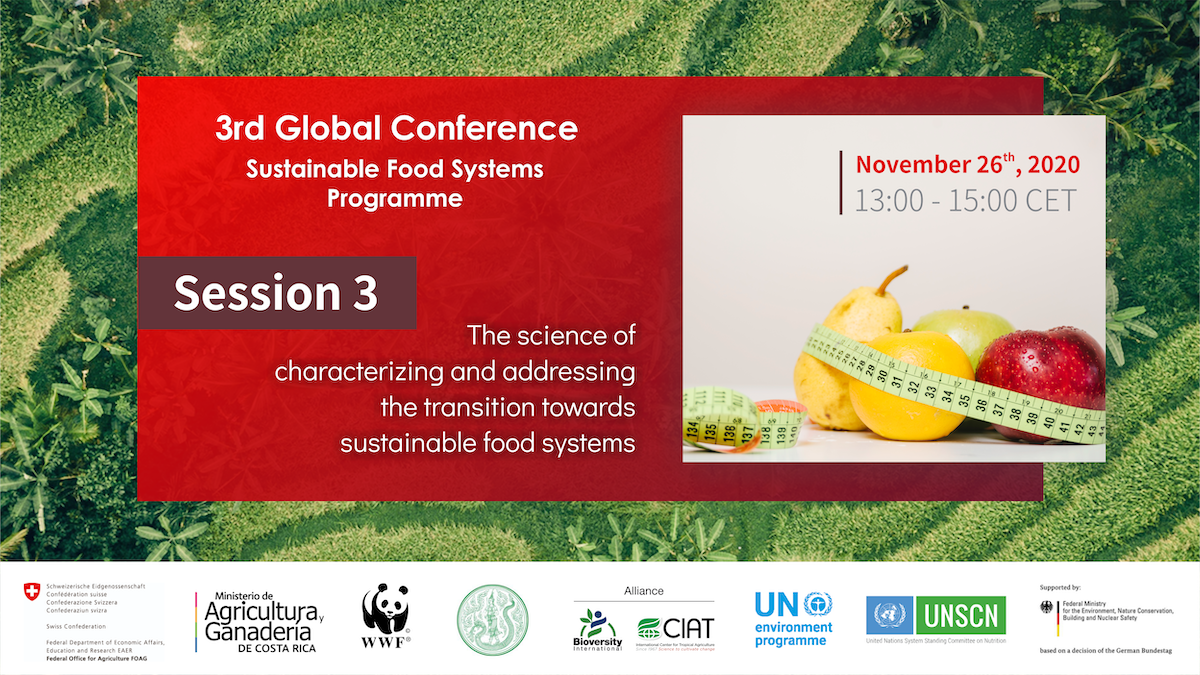Press and News Food system sustainability indexes– are we comparing apples and oranges?

How we conceptualize and measure food system sustainability holds high stakes. On November 26, the One Planet Sustainable Food System Event will assess three prominent food system sustainability indexes.
Everyone is familiar with Peter Drucker’s adage “You can’t manage what you can’t measure”. Well, that reality has never been so true and vivid as it is today for quite a lot of important processes happening at the global scale and with repercussions for the world’s entire population.
Most of us are familiar with the Sustainable Development Goals and some of us may even have been caught in the ‘chronicles’ of the measurement of these SDGs. And if you have, you know how tricky it can be to try to measure accurately and to monitor progress in (even very concrete) goals such as ‘clean energy’ or ‘good health and wellbeing’.
Another huge and still increasing challenge around issues of measurement is the one related to the question of the sustainability of our food systems. There is a lot of discussion about how our “food systems are unsustainable” and many agree that “something needs to be changed,” . But how many of us have actually tried to measure the sustainability of food systems? In fact, how unsustainable, really, are food systems and can we measure this (un)sustainability?
The thing is, even before you try to tackle that question you are already assailed by a myriad of other precursory questions. For instance:
- How do you define sustainability when it comes to food systems?
- Is sustainability just a matter of how “bad” agriculture is for the environment and how much impact food systems have on the planet?
- Or should the sustainability of our food systems also include other dimensions such as equity or social justice?
- Perhaps the sustainability of food systems should be reduced to the question of obesity and malnutrition?
- After all, isn’t the primary objective of food system “just” about feeding us all?
- Finally, is sustainability really something that can be achieved or is it just a goal to motivate us to change our practices on a pathway towards a more acceptable future?
As you can imagine there is currently no consensus about (and probably no “right” or “wrong” answer to) the above questions – except perhaps the conclusion that the sustainability of our food systems is certainly more than just how many obese and overweight people there are in the world and how much deforestation is caused by agriculture. Clearly – as it is for the SDGs – the multi-dimensional nature of the concept of food system sustainability is now well recognized. But this still does not solve the million-dollar question: “how to measure it and what to include in the notion of sustainability”?
In that context, one can easily understand why comparing the growing list of different food systems sustainability indices is like comparing apples and oranges. The current indices are not necessarily based on the same interpretations of what exactly food systems sustainability is or should be, and many of those indexes simply reflect the trade-off between what data are available versus what data should be included. Yet policy-makers and experts – who are probably the most acutely aware of Peter Drucker’s adage mentioned above – are all hoping that these indices can provide them with the ‘’right” basis to prioritize resources and make decisions.
The stakes are high, and it is important to make sure that the underlying conceptualization of food system sustainability indices is sound. The One Planet Sustainable Food System Event that will take place between 26 November and 3 December 2020, includes a special session on “Assessing the scientific foundation for and meaning of indicators of sustainable food systems”. The objective of this session is precisely to lift the veil of some of the prominent food system sustainability indices and to “Reveal the foundational science, narratives and processes by which some of these leading food system indices have been constructed”. The three indices featured in the session are the Food Sustainability Index (FSI), the Food and Agricultural Benchmark, and the Food Systems Dashboard.

Following this first session (26 November, 1:00 – 3:00 pm CET), a second discussion focusing on the specific issue of tradeoffs around food system will take place. This second session will be interactive and will use real world cases from Bangladesh (IFAD), Zambia (Hivos) and Nicaragua (Rikolto) to work through some of these tradeoffs. The results from these sessions will feed directly into the policy-focused session that will take place on the 27th of November.
Learn more about the event and register here.
